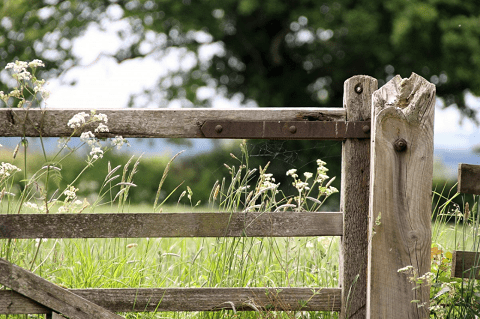A recent sad incident reported by one of our Forest Managers highlighted the importance of thinking about the potential impacts of our operations beyond the forest gate and the necessity to ensure that our neighbours are aware of our activities.
- A neighbouring landowner reported to one of our managers that a timber lorry had unfortunately run over their dog on a minor public road leading into the forest which served as the only access for timber Although we had communicated with the neighbours prior to harvesting works this incident still occurred.
We must all be aware that when our activities result in an increase in traffic levels on normally quiet roads, we must communicate with our neighbours and be extra vigilant when driving in these areas. The dog, in this instance, could easily have been a child.
There are some areas where we have timber transport agreements where HGV movements are restricted by either the number of vehicle movements or by activity times. For example, where vehicle routes go past schools, restrictions will be place so that there are no vehicle movements when pupils are entering or leaving the school.
We must adhere to these agreements at all times.
Remember:
- Ensure you are aware of any timber transport agreements that are in place and adhere to them at all times
- The school holidays are here so take that into account as well – there’s likely to be more young people around our forests who are both inquisitive and perceive risk differently from adults
- Forests are generally in remote locations where we will travel through small villages, past schools and through farm courtyards etc. These communities will be used to a relatively quiet environment and we need to ensure that we consider our operations from their perspective at planning stage and work with them to minimise any short-term impact



